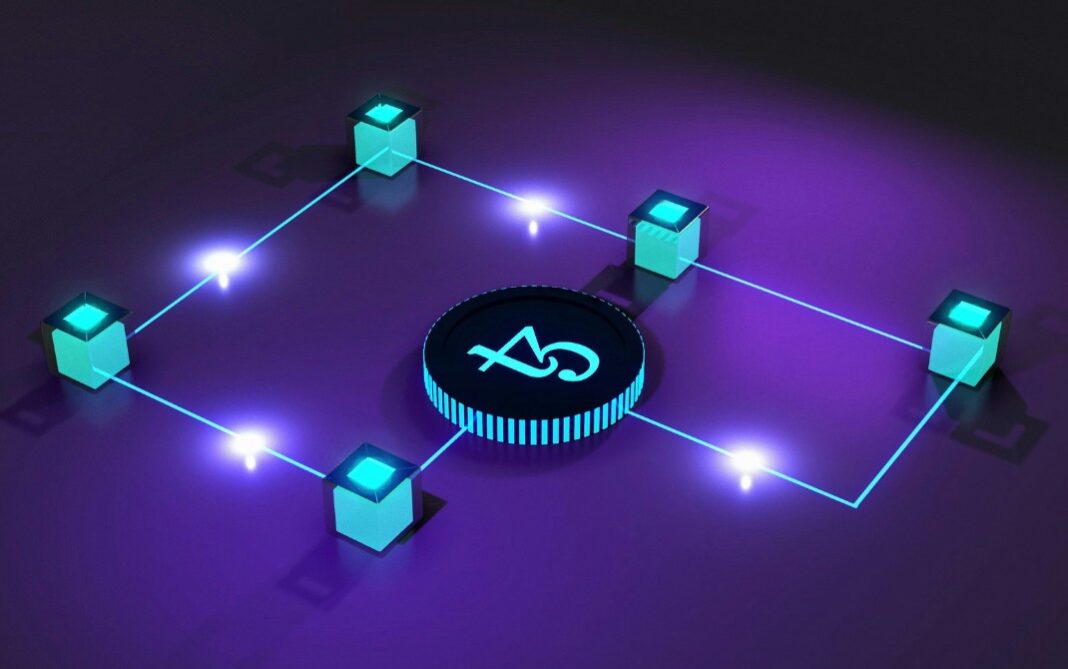In the rapidly evolving world of blockchain and decentralized technologies, smart contracts have become the backbone of trustless transactions. They automate agreements, eliminate intermediaries, and power everything from DeFi platforms to NFT marketplaces. But as these digital contracts grow in complexity and value, they also become prime targets for exploitation. Enter artificial intelligence, not just as a tool for attackers, but also as a new line of defense. The question is no longer whether smart contracts are secure, but whether AI or smart contracts will dominate the next security frontier.
Also Read: From Wallets to Nodes: Closing the Gaps in Blockchain Security
Smart Contracts: Brilliant, but Breakable
Smart contracts are self-executing programs written into blockchain networks. Once deployed, they operate without human intervention, triggering transactions based on predefined conditions. Their transparency and immutability make them ideal for building trust in decentralized systems, but also dangerously rigid.
The biggest problem? Smart contracts are only as secure as their code. And that code is often written by humans under pressure, with limited testing and few guardrails. Just one line of faulty logic or an overlooked edge case can lead to multi-million-dollar exploits, as seen in high-profile DeFi hacks like the DAO or the Ronin Network.
Worse still, once a smart contract is live, it can’t be changed. There’s no “patch now, explain later” model like in traditional software. That’s why security audits and formal verification processes are essential, but even they can’t catch everything.
The Rise of AI in Blockchain Security
Artificial intelligence is increasingly being deployed to solve problems that are too complex, too fast, or too hidden for humans alone. In the context of blockchain security, AI tools are being trained to detect vulnerabilities in smart contract code, monitor transaction patterns for signs of malicious activity, and even simulate possible attack vectors before they happen.
For example, machine learning models can analyze thousands of smart contract deployments across different blockchains to find patterns linked to past exploits. Natural language processing (NLP) is being used to help non-technical users understand smart contract risk before interacting with a protocol. And AI-driven threat intelligence platforms can respond to attacks in real time, automating mitigation strategies faster than any human team could.
The result? AI isn’t just leveling the playing field; it’s redefining it.
When AI Attacks: The Double-Edged Sword
But here’s the twist: AI isn’t always on the side of good. Just as it can be used to defend systems, it can also be weaponized. Threat actors are now using AI to generate polymorphic malware, analyze smart contract audit reports for overlooked flaws, or conduct social engineering campaigns that lead to wallet drainers or phishing schemes.
In this escalating arms race, smart contracts may find themselves caught in the crossfire. Without AI-enhanced protection, they remain static, predictable, and inherently vulnerable to ever-adaptive AI threats.
This dynamic sets the stage for a new kind of cyber warfare, one where algorithms battle algorithms, and code written today is targeted by machine-generated exploits tomorrow.
Toward an AI-Augmented Blockchain Future
The future of blockchain security doesn’t belong exclusively to smart contracts or AI; it belongs to their integration. Imagine smart contracts that are continuously monitored and adapted in real time by AI agents. Or protocols that self-heal and respond to threats before they can be executed. This is where the frontier lies: a shift from static defenses to dynamic, AI-driven architectures.
For developers, this means collaborating with AI tools during the entire smart contract lifecycle, from code creation and testing to deployment and post-launch monitoring. For users, it means interacting with protocols that are smarter, more secure, and able to adapt to threats autonomously.
Also Read: Secure Layer‑2: Merging Scalability & Safety
Final Thoughts
So, who wins the next security war: AI or smart contracts? The answer isn’t either/or; it’s both, together. In isolation, smart contracts are powerful but fragile. AI is fast and adaptive, but needs context. Combined, they offer a path to resilient, intelligent, and secure blockchain ecosystems. As the lines between attackers and defenders blur, only the most adaptive, AI-augmented systems will prevail.




